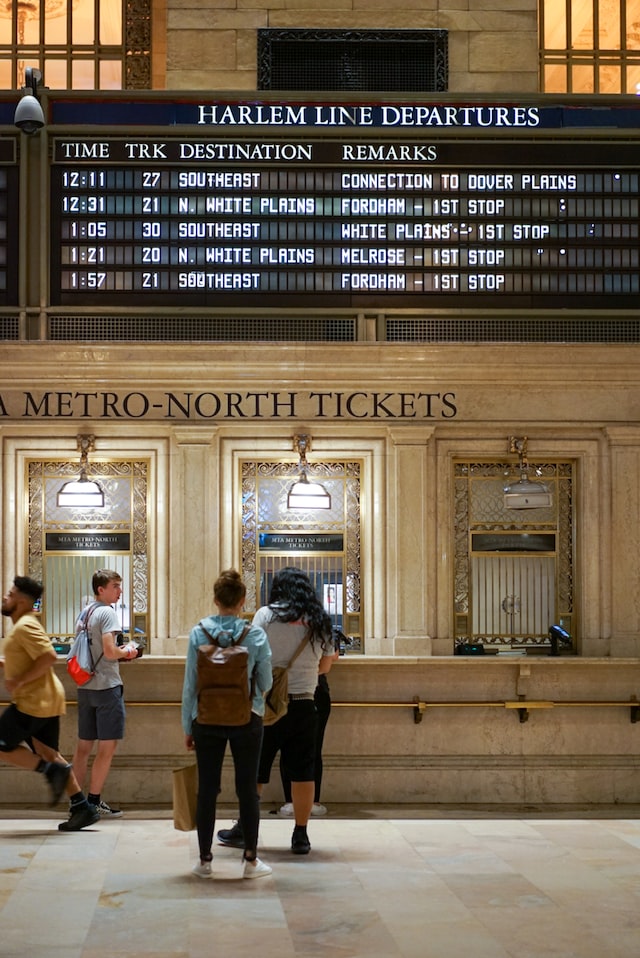What's the Difference Between 'Fare' and 'Fair'?
In this blog post we look at when to use fare and when to use fair.
'Fare' or 'Fair'?
"Fare" and "fair" are two different words with the same pronunciation but different meanings.
"Fare" can be a noun or a verb, and it has a few different meanings.
As a noun, "fare" can refer to the price paid for transportation, such as the cost of a bus or train ticket. It can also refer to the food or meals provided, particularly on a journey.
As a verb, "fare" means to do or experience something, especially in a particular way. For example, "how did you fare on your math test?" means "how did you do on your math test?"
"Fair," on the other hand, is an adjective that means just, unbiased, and reasonable.
It can also refer to something that is pleasing to the senses, such as a fair complexion or a fair day.
For example, "it is only fair to give everyone a chance to speak" means "it is only just and reasonable to give everyone a chance to speak."
In general, "fare" refers to the cost of something, especially transportation. "Fair" can refer to an event or gathering, such as a carnival or fair, but it can also describe something as being just or equitable.
Fare:
-
The fare for the subway ride was $2.50. (The word "fare" refers to the cost of the subway ride in this sentence.)
-
The taxi fare from the airport to downtown was $30. (In this sentence, "fare" refers to the fee that the passenger paid to the taxi driver for the ride.)
-
The airline's fares for international flights have increased significantly. (Here, "fares" refers to the prices that the airline charges for international flights.)
Fair:
-
The county fair featured carnival rides, food stalls, and animal exhibits. (In this sentence, "fair" refers to an event that includes entertainment and activities.)
-
The weather at the fair was warm and sunny. (Here, "fair" describes the weather as being pleasant.)
-
The judge ruled that the defendant's treatment in custody had been fair. (In this sentence, "fair" means that the defendant was treated justly or equitably.)
-
The teacher graded the test fairly, considering the difficulty of the material. (In this sentence, "fairly" means that the teacher gave a just or equitable evaluation of the test, considering the difficulty of the material.)
Examples of Fare in a Sentence
Here are ten example sentences using the word "fare": The fare for the bus ride was $2.50. I paid the taxi driver the agreed-upon fare of $25. The airline's fares for international flights have increased significantly. The train fare from Paris to Brussels is quite reasonable. The ferry company offers a discounted fare for children. The bus fare includes a transfer to the subway. The fare for the taxi from the airport to the city center was quite steep. The fare for the hot air balloon ride is $200 per person. The fare for the scenic train ride through the mountains is $75. The bus fare is based on the distance traveled.
Examples of Fair in a Sentence
Here are ten example sentences using the word "fair": The carnival had a variety of fair games and rides for all ages. The weather at the fair was warm and sunny. The judge ruled that the defendant's treatment in custody had been fair. The teacher graded the test fairly, considering the difficulty of the material. The company's policies are fair to all employees. The politician promised to be fair in his decision-making. The prices at the farmers' market are generally fair. The game was fair and both teams had an equal chance of winning. The judge heard both sides of the argument and made a fair ruling. The employer and employee negotiated a fair salary for the job.

